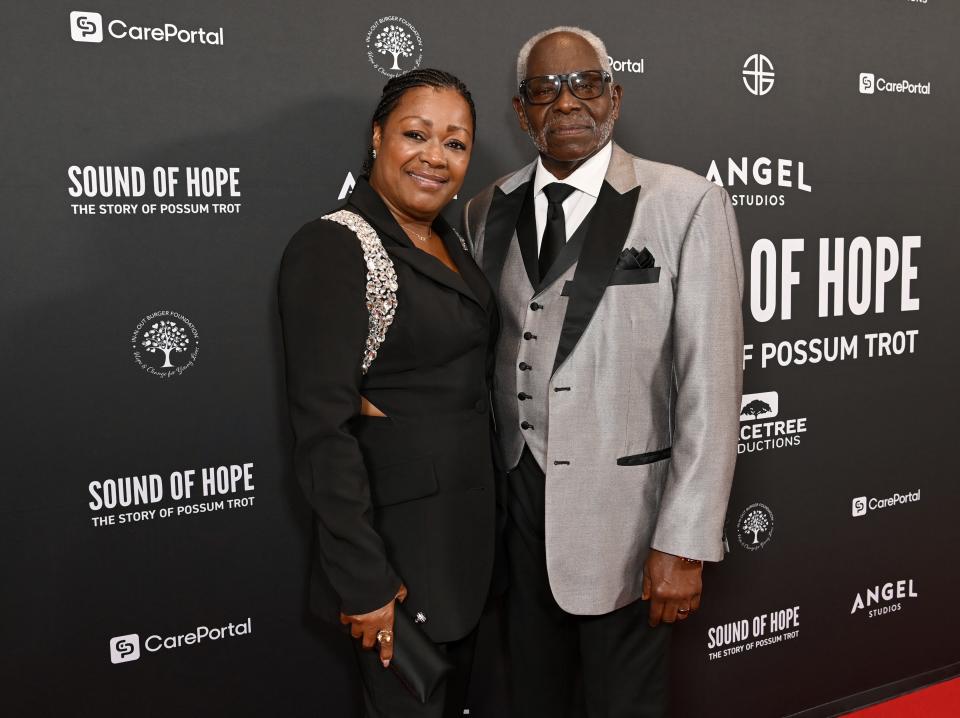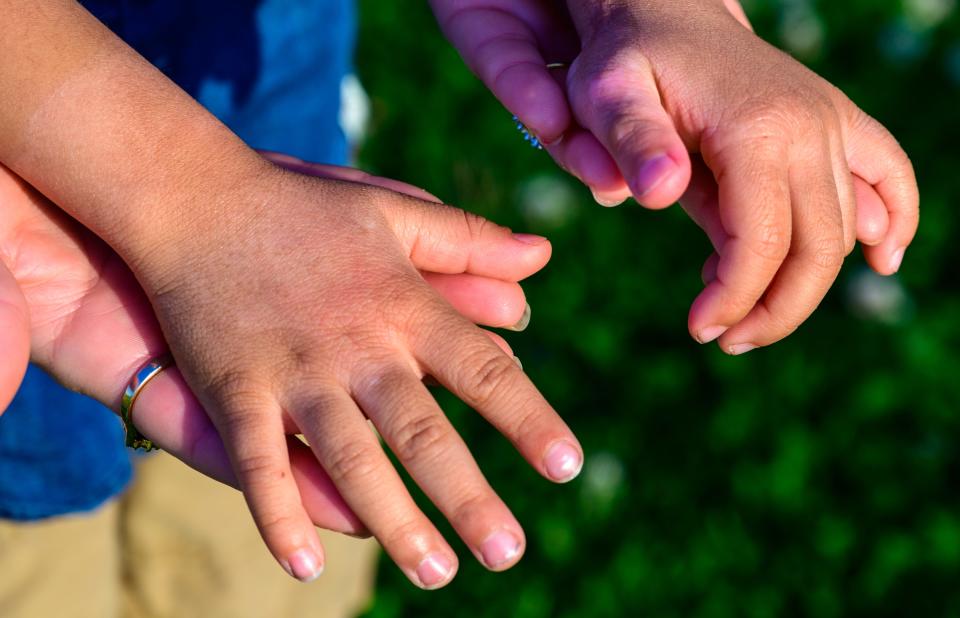What happened at Possum Trot? Remarkable story shows how we can solve America's problems.
We’re looking for the wrong solutions to America’s biggest problems. It’s true of poverty, homelessness, mental health, addiction and so much more. Given the scale of these challenges, we tend to assume they need even bigger answers − massive programs and taxpayer support. But after decades of taking that approach, America’s problems have gotten worse.
What if the solutions are bigger and smaller than most people think?
What happened at Possum Trot
That’s the message of “Sound of Hope: The Story of Possum Trot,” a movie released this week. Named after a town in East Texas and based on a true story, it follows the story of dozens of local children who were taken from their families and put in foster care. Their lives were hard, and foster care made them harder. The kids were seemingly destined for a life of violence, jail, addiction, poverty and, in many cases, death.
But the town didn’t let that happen. A local pastor, Bishop W.C. Martin, and his wife, Donna Martin, adopted two of the kids, then called on their friends and fellow parishioners to step up.

All told, 22 families adopted 77 of the hardest-to-place children in the local foster system.
That was nearly three decades ago. While many of the former foster children are still dealing with the trauma of being taken from their families, the majority of them have grown to become thriving adults.
Children languish for years in foster care

It wouldn’t have happened had they stayed in the system. Each year, more than 600,000 kids spend time in foster care. Even one day in foster care is proven to be disastrous for a kid’s long-term outcomes. But 60% of children in foster care are in the system for more than a year.
Up to 4 out of 5 foster kids have mental health issues, and 1 in 5 who age out of foster care become homeless before age 20.
I survived the foster care system. Dismantling it altogether is the only path forward.
These horrible outcomes happen despite decades of reform efforts and large-scale funding. Combined federal, state and local spending for child welfare services, which is largely about foster care, soared by about 120% between the mid-1990s and 2020.
The federal government is paying for more programs on everything from mental health to substance abuse to skills training. Despite this massive investment, foster care still looks like an unsolvable problem.
But this problem is solvable. The town of Possum Trot showed how.
Strong communities hold key to solving big problems
The solution to foster care − and all of America’s biggest problems − is the power of relationships. Social scientists call it “social capital,” while others call it “strong communities." Whatever name you use, we’re talking about people helping people on an individual basis. And while that seems small, when you scale up relationships nationwide, it’s the biggest solution imaginable.
In Possum Trot, a single church changed the lives of dozens of families and children. But there are nearly 400,000 churches in America. If each one helped just one of the roughly 400,000 kids in foster care at any one time, the problem could be largely solved overnight.
And it’s not just about religious institutions. There are accessible ways for people to save kids from the lifelong struggles of foster care, all through the power of people helping people.
Americans are running away from church. But we don't have to run from each other.
I’ve seen the proof in communities across the nation.
National Angels provides local support to foster families, making them 50% more likely to avoid burnout while providing more stability for the kids. Another group, Safe Families, helps kids avoid foster care altogether, pairing trusted families with moms and dads who are struggling to provide for their kids. They take care of the kids for a few weeks or months while the parents get back on their feet.
Remarkably, most of the families are reunited, compared with less than half in foster care. In both cases, the relationships made all the difference.
Opinion alerts: Get columns from your favorite columnists + expert analysis on top issues, delivered straight to your device through the USA TODAY app. Don't have the app? Download it for free from your app store.
Then there’s CarePortal. It connects local churches and community members with struggling families in real time, getting them the resources they need to provide for their kids. If a family can’t afford food, car seats or anything else their kids urgently need, neighbors swoop in so that child services doesn’t need to.
Surely there are many other groups I don’t know about that are making a big difference by applying the same insight.
Can something similar happen with other seemingly unsolvable problems? Absolutely. Homelessness, addiction, gang violence, poverty − they’re all made worse by the loss of community. The solution is to create community, which all of us can do. No amount of government spending or programming has done that, nor can it, for the simple reason that government action isn’t big enough. The bigger and better solution starts somewhere much smaller yet much more powerful: everyday Americans.
Evan Feinberg is senior vice president of Stand Together and chair of the Stand Together Foundation.
You can read diverse opinions from our USA TODAY columnists and other writers on the Opinion front page, on X, formerly Twitter, @usatodayopinion and in our Opinion newsletter.
This article originally appeared on USA TODAY: Can you adopt a child? 'Sound of Hope' shows power of helping kids


